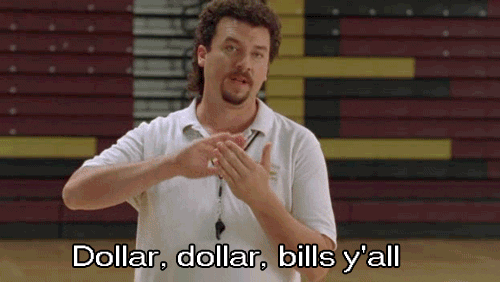There's no clear or easy way to react when a child throws a queerphobic slur at you. On one hand, you're possibly really mad and want to drag this child for not having better manners. On the other hand, you recognize that a child is a child and that they (most likely) don't know better. These situations are difficult, to say the least, but that doesn't mean that there aren't helpful ways to navigate them. And, if done the right way, your interaction could mean the difference between a child staying hateful and ignorant, or opening up for the better.
I've lived in Philadelphia all my life, so homophobia was an unavoidable part of the culture. I dealt with it as a kid, though arguably far less than my gay counterparts of lower economic status (not that I was ridiculously high up on the economic ladder). I grew up in a supportive family, so whenever homophobia came my way I was strong enough and confident enough to fight back and embarrass the person who dared to call me out in public. Violence not being part of my daily life made it so that I could comfortably say whatever I wanted without fear of being attacked.
Having this unique experience, within which I dragged anyone who said anything homophobic, I was unprepared as an adult when it came to handling these situations tactfully and intersectionally. I started working in Philadelphia schools this year, and now hear queerphobic comments on a regular basis, whether it be in the form of slurs, aggressions, or microaggressions.
I'm a highly feminine person, and being perceived as cisgender, men both young and old are often very uncomfortable with me. This was made apparent, both in passing and directly from students. I thought about how good it would feel to embarrass them in front of their peers. But what would that accomplish in the long-run? At best, it might make them feel ashamed enough to apologize and think about what they did, but at worst it could make them feel even greater resentment for the communities they oppress. It's a risky situation.
Before you think about handling anything, you have to acknowledge a few things:
1) Feelings are not facts.
This is important, because situations of bigotry and ignorance can be understandably triggering and emotional. However, that does not mean we can project these feelings onto the oppressor. Maybe they really didn't know better, or maybe they really didn't mean to cause harm. You can't assume that they did it because they truly hate queer people, because they are kids after all. They're impressionable and often take on the characteristics of their home and local communities. If the people around them loathe and hate queer people, how can we expect them to nurture an open and loving mind?
2) Children are not adults.
Children are sensitive, still growing and trying to figure out how to navigate a very complex, and unfair world. If we're hard on them, it might make us feel better, and maybe it well help, but ultimately it never hurts to be compassionate. Kids are more than what they say and do; they're molded by their family, and affected by the communities they live in. The way they behave is also powerfully affected by other factors such as family income and/or their religious affiliations (or lack thereof). We need to treat them as such.
So how do you address a child who seems to be misinformed about their homophobia? The best thing to do is to talk to them one-on-one, and if that's not an option, talk to them in a place with fewer people around. They'll be more likely to open up if they don't feel like their peers — whom they're likely just trying to impress — are going to judge them for getting a talking to by an adult. Talk to them compassionately, letting them know how unsafe certain words and sentiments can make people feel. Don't try to make them feel guilty. Don't try to pull an apology from them. And above all else, don't expect immediate change. They may reject everything that you say, but you have to let them process on their time.
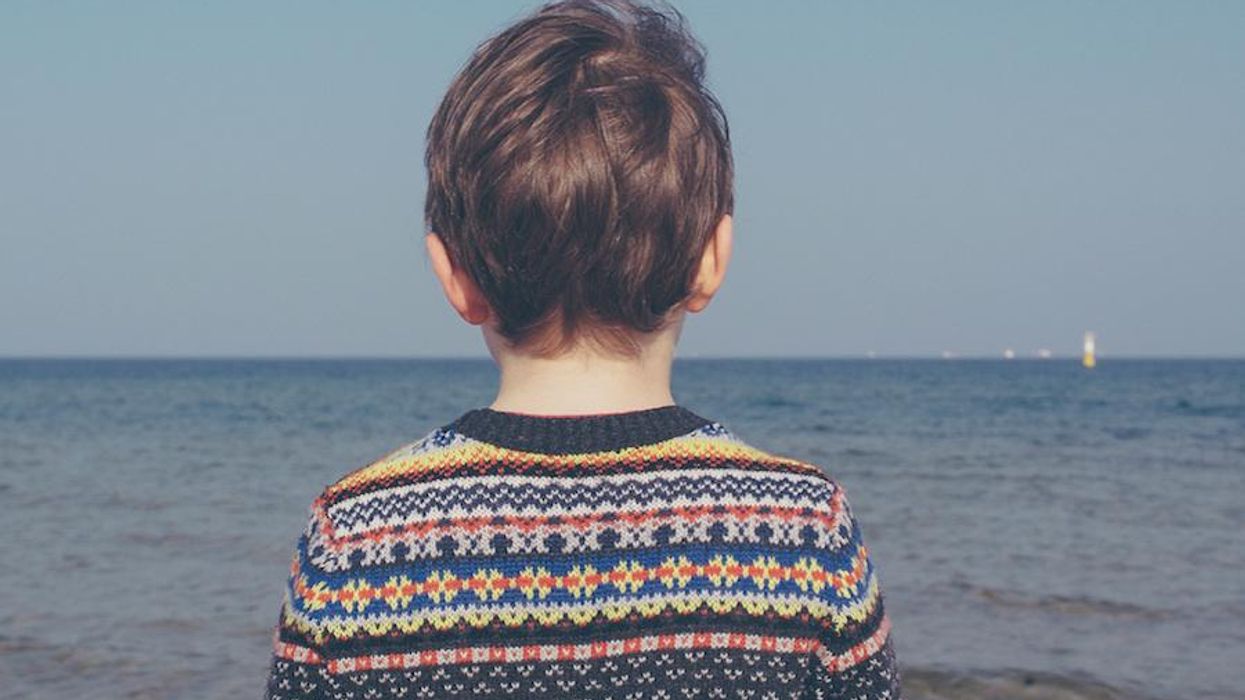
















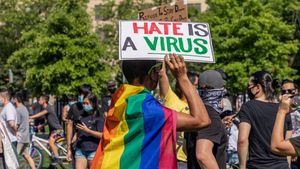


























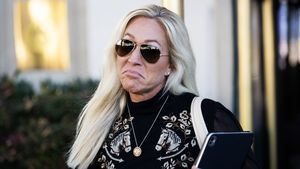


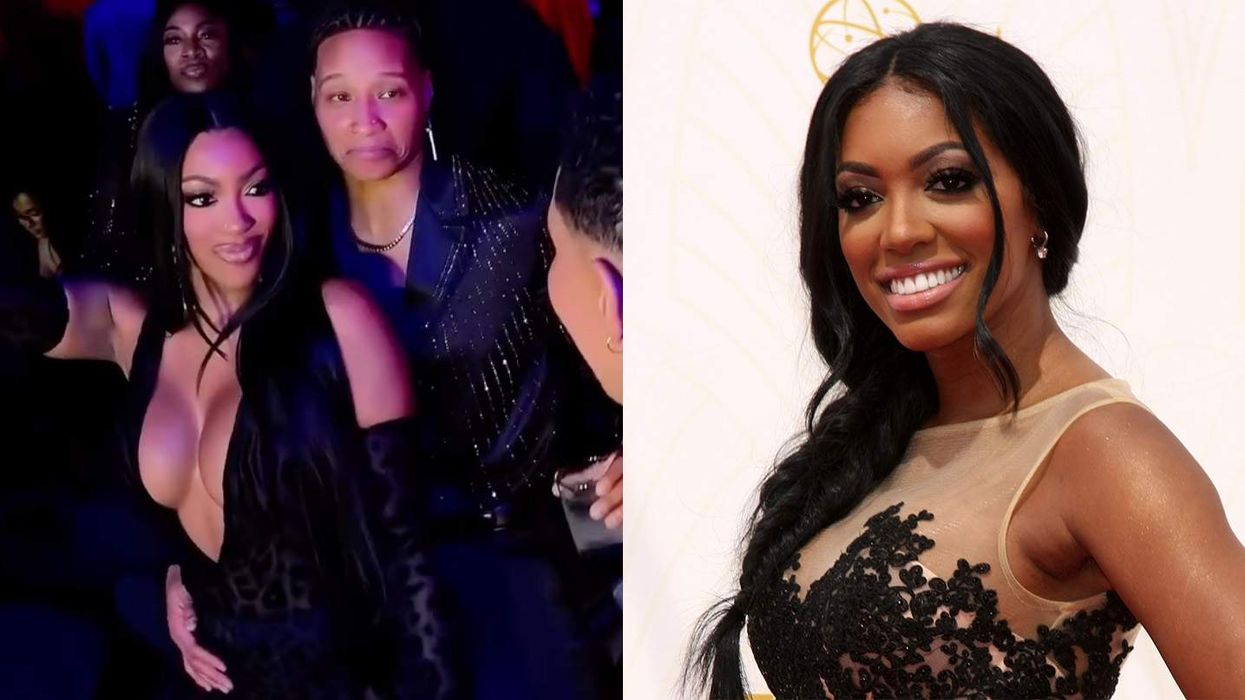







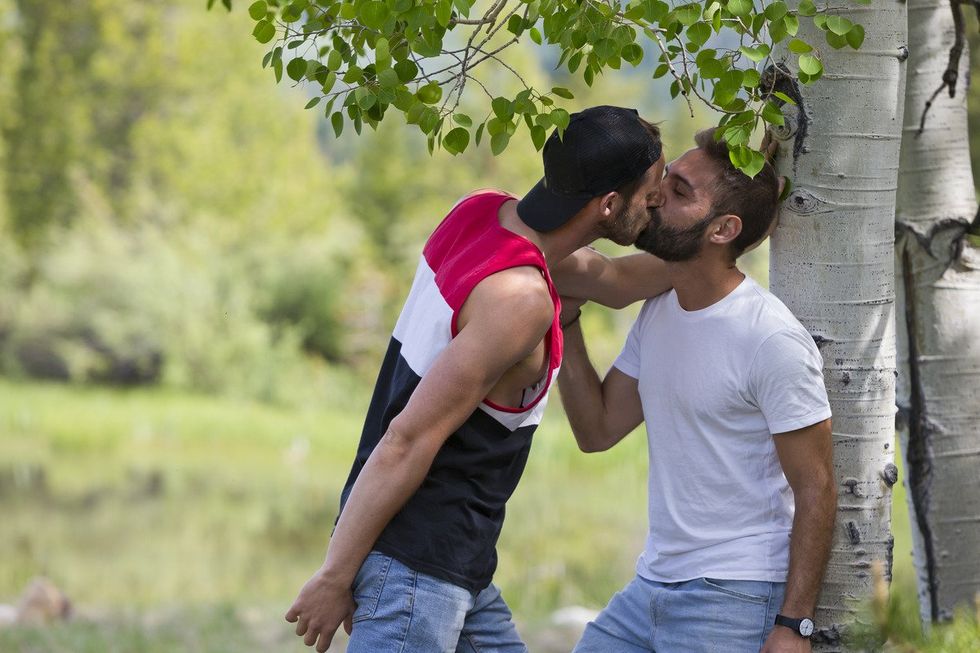


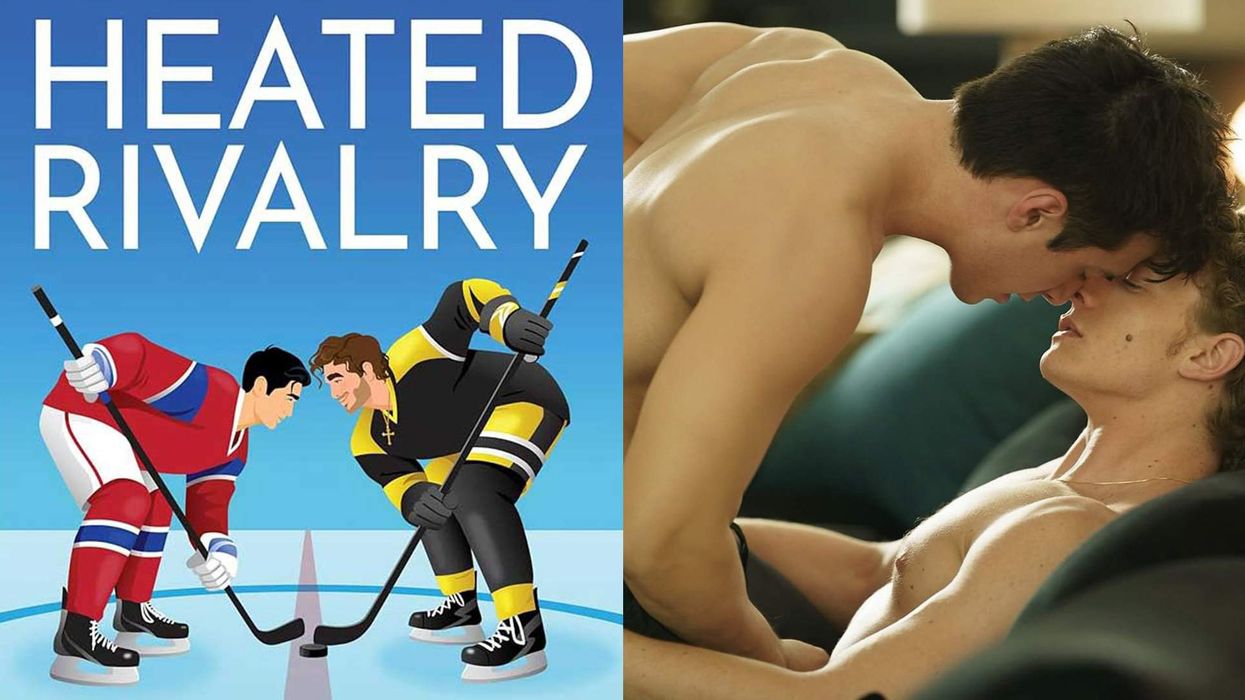
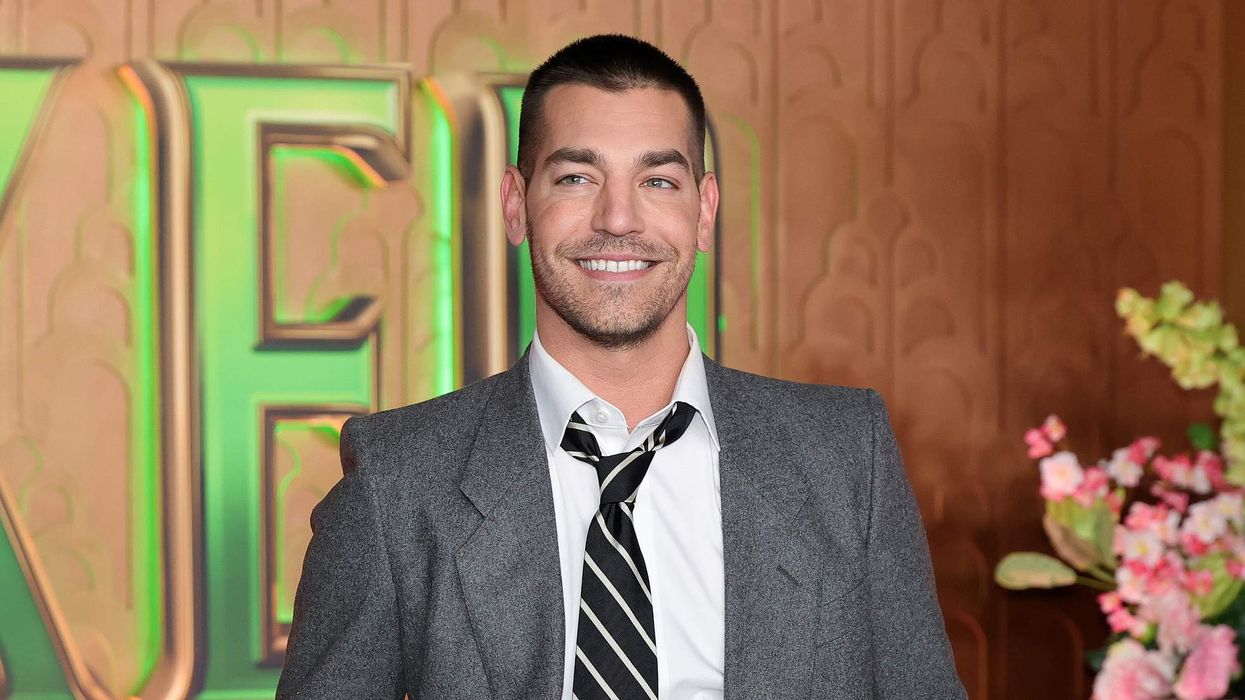
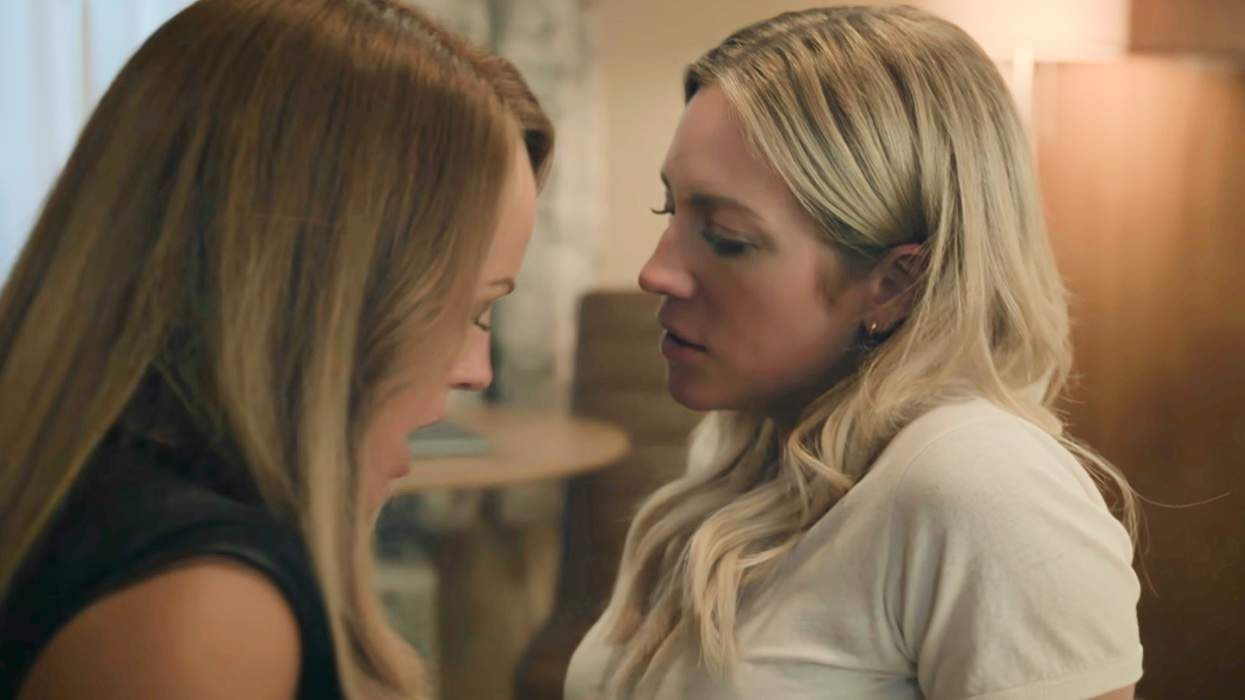
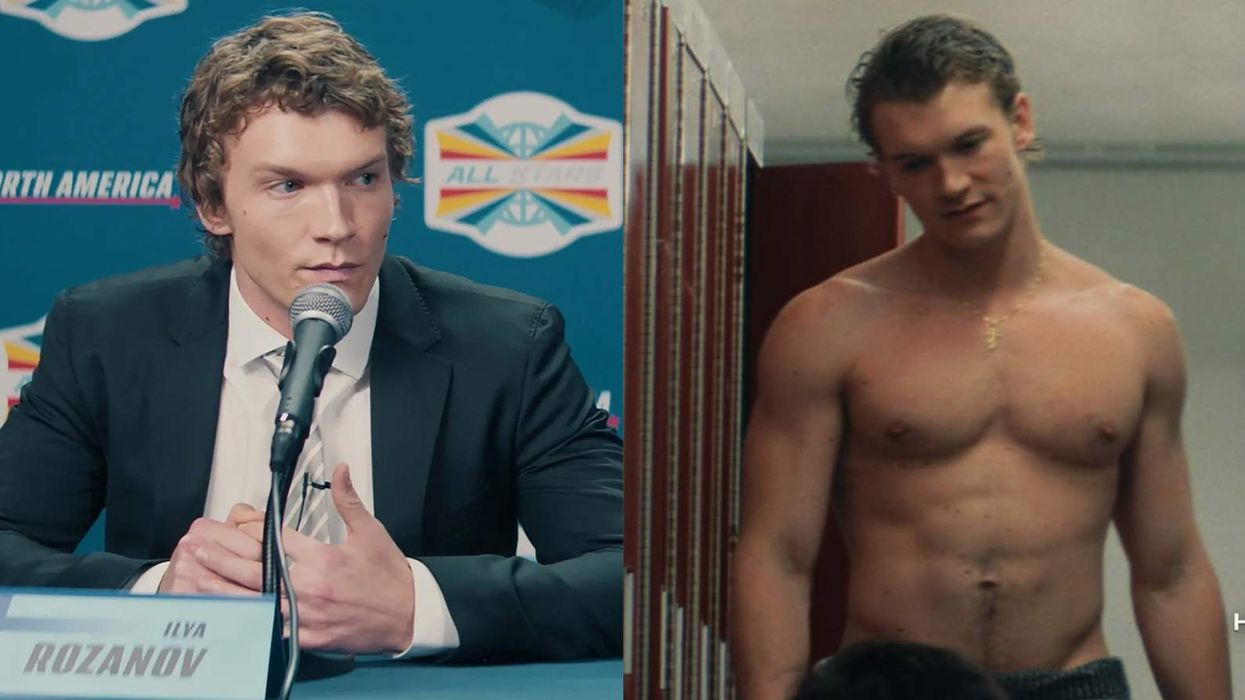




 Strike A Pose Mic Drop GIF by FILMRISE - Find & Share on GIPHY
Strike A Pose Mic Drop GIF by FILMRISE - Find & Share on GIPHY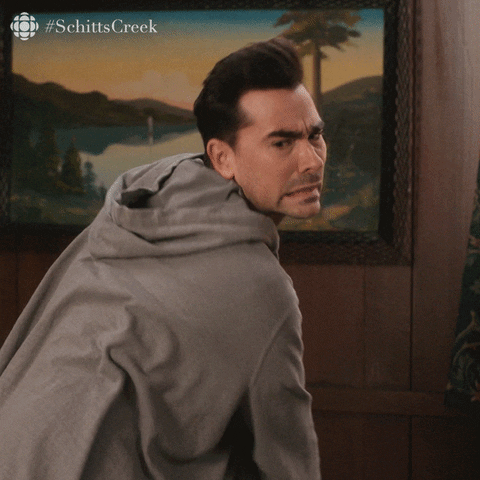 Schitts Creek No GIF by CBC - Find & Share on GIPHY
Schitts Creek No GIF by CBC - Find & Share on GIPHY